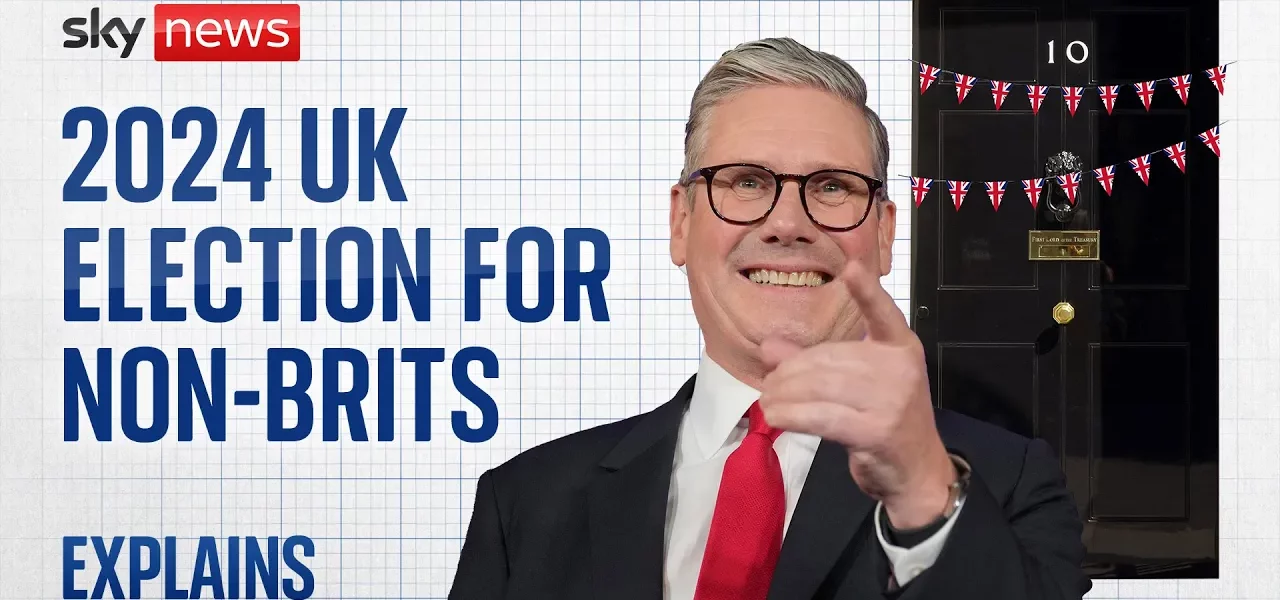Changes in UK Politics: Rishi Sunak to Keir Starmer

This article provides an in-depth overview of the recent political shifts in the United Kingdom, focusing on the transition from Rishi Sunak to Keir Starmer as Prime Minister, and the implications of this historic change in leadership.
Introduction
In a significant turn of events, the United Kingdom has witnessed yet another change in its Prime Minister, marking an end to an era characterized by multiple leadership transitions and political upheaval. Rishi Sunak, who had been at the helm, has stepped down, leading to the election of Keir Starmer as the new Prime Minister. This article aims to unpack the recent political developments, providing context and insights for those unfamiliar with the intricacies of British politics.
The Political Landscape Before the Election
The backdrop to the recent election was one of instability and change. Since 2019, the UK has seen a succession of Prime Ministers, each facing their unique challenges. Here’s a closer examination of the political landscape leading up to the latest election:
- Boris Johnson’s Resignation: After a series of controversies and scandals, Boris Johnson stepped down, paving the way for a new leader.
- Liz Truss’s Brief Tenure: Liz Truss succeeded Johnson but held the record for the shortest-serving Prime Minister, resigning amidst economic turmoil.
- Rishi Sunak’s Goals: Sunak aimed to tackle inflation and illegal migration during his time in office.
The Election of Keir Starmer
The recent election, termed a pivotal moment in British history, has resulted in the Labour Party, led by Keir Starmer, winning a majority in the House of Commons. This section delves into the significance of this victory:
The End of Conservative Dominance
The Conservative Party had been in power for 14 years, experiencing a tumultuous period marked by controversy and public scrutiny. The Labour Party’s win signifies:
- A shift in public sentiment towards Labour policies.
- A potential reevaluation of austerity measures previously implemented by the Conservatives.
Keir Starmer’s Vision
Keir Starmer, a former lawyer, has focused on repositioning the Labour Party from its traditionally leftist stance to a more centrist approach. His leadership style has attracted both praise and criticism, setting the stage for his governance.
What Happens Next?
With the Labour Party now at the forefront of the UK government, several key actions are anticipated:
Cabinet Appointments
Starmer will appoint his cabinet, consisting of ministers responsible for vital sectors such as health and the economy. Key considerations will include:
- Balancing diverse political opinions within the party.
- Addressing pressing issues like healthcare reform and economic recovery.
The Future of the Conservative Party
As the Labour Party governs, the Conservatives will transition into a role as the opposition, tasked with holding the government accountable. This includes:
- Critiquing Labour policies from a Conservative perspective.
- Preparing for potential future elections to regain power.
Conclusion
The recent shift in leadership from Rishi Sunak to Keir Starmer marks a transformative moment in British politics. As the Labour Party embarks on a new governance path, the implications of their policies will be closely scrutinized. For those seeking to stay informed, it will be crucial to follow the developments in Starmer’s administration and the Conservative Party’s response. For further insights into UK politics, check out our related articles on [UK Political History](#) and [The Role of Prime Ministers in the UK](#).
“`




